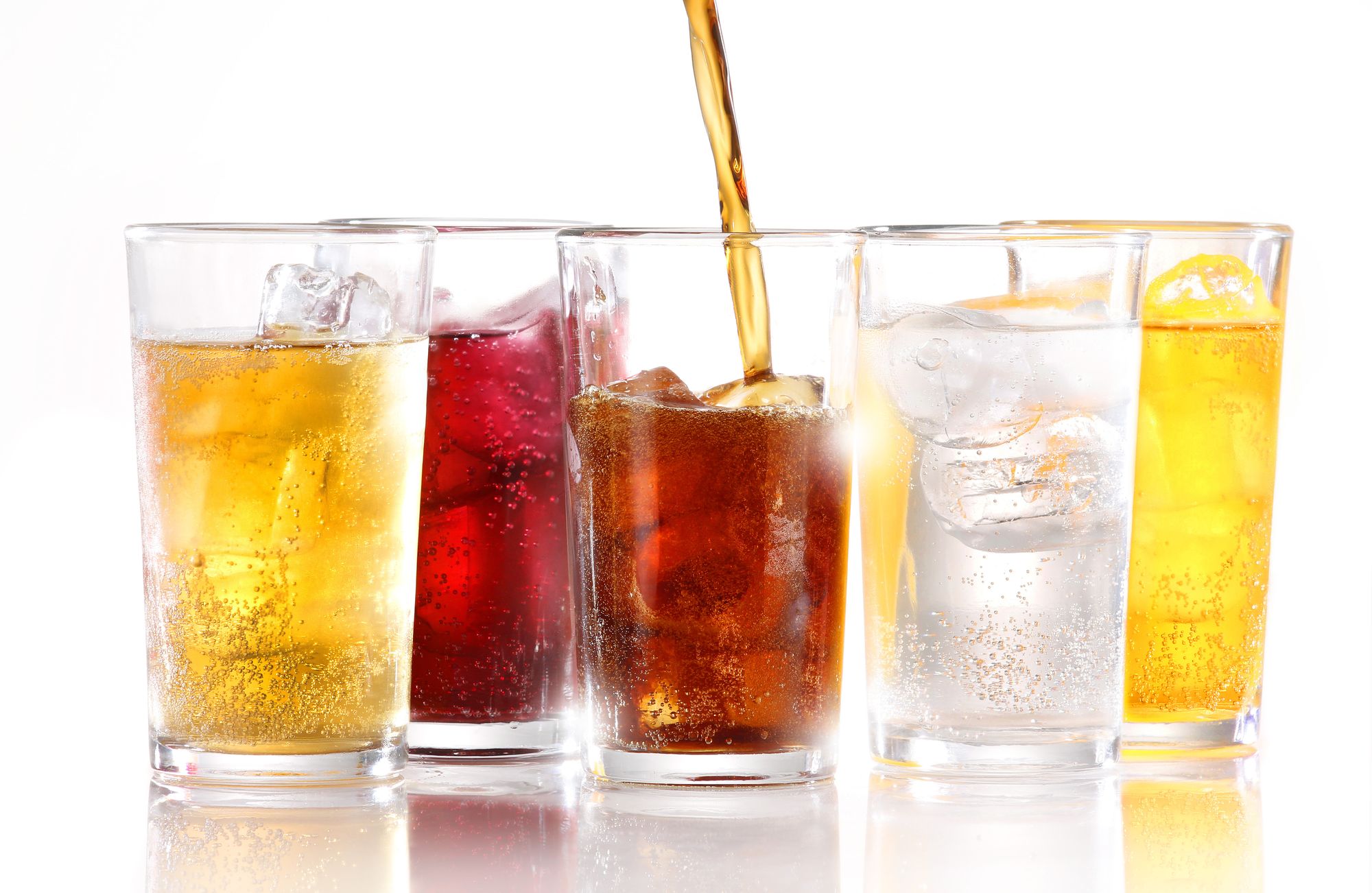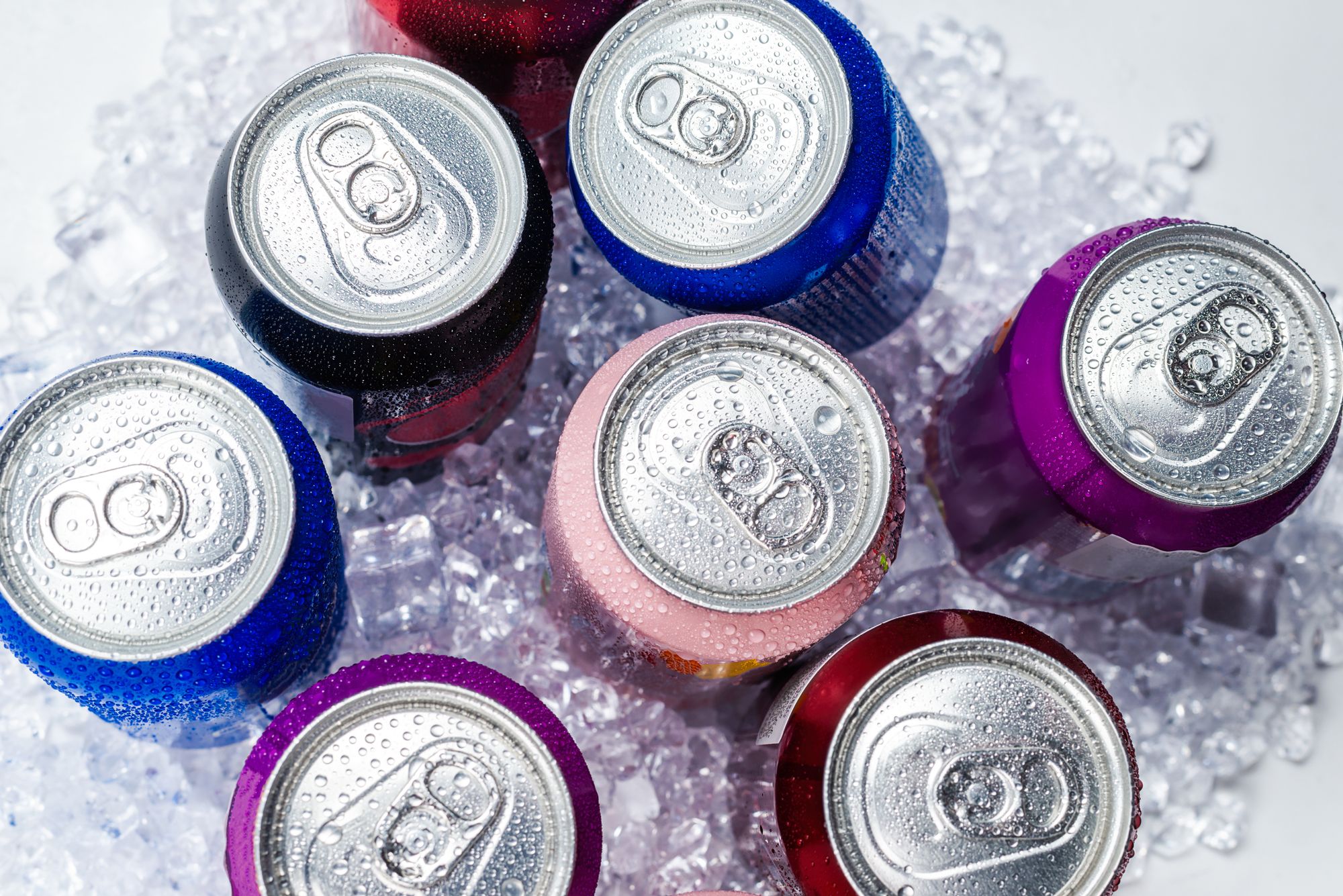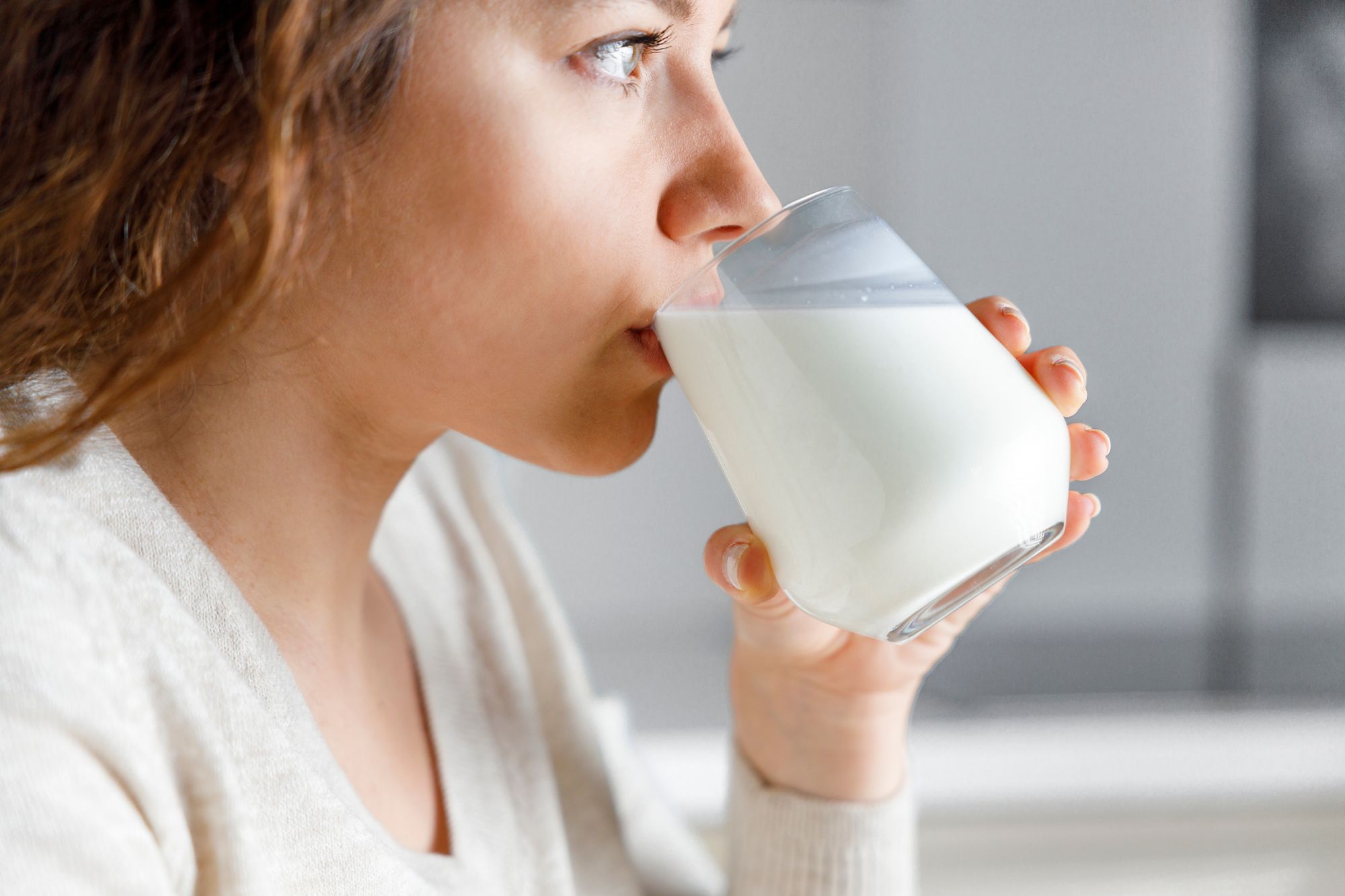As you get older, you may experience fluctuations in your blood pressure. High blood pressure, or hypertension, occurs when the force of blood against the walls of your arteries is consistently high, which can have serious consequences for your health, including an increased risk of Alzheimer's, stroke, and other conditions. If you have hypertension, your doctor may recommend lifestyle changes to help lower it, such as managing your weight, exercising regularly, getting enough sleep, reducing stress, and quitting smoking. Additionally, being mindful of what you eat and drink can play a significant role in regulating your blood pressure.
Often referred to as "the silent killer," there are many factors that can raise your blood pressure without your knowledge. While it's important to watch your diet by avoiding salty and ultra-processed foods, some drinks can also impact your blood pressure levels and increase your chances of developing chronic hypertension. That's why, if your blood pressure readings are consistently high, it's crucial to pay attention to your regular beverage choices.
To learn more about how drinks can affect your blood pressure and which drinking habits are harmful to your health, we spoke with expert dietitians. With February being National Heart Month, it's the perfect time to focus on your heart health. By making a few simple changes to your drinking habits, you can care for your heart not just this month, but every month to come.
1) Overindulging in Alcohol: The Risks and Consequences

If you have high blood pressure, it is essential to limit your alcohol intake. The Mayo Clinic advises that consuming more than three drinks per day can cause a temporary increase in blood pressure. In addition, regular binge drinking can lead to a more sustained elevation in blood pressure levels.
New research presented at the 68th Annual Scientific Session of the American College of Cardiology found that drinking between seven and 13 drinks per week was linked to an increase in blood pressure among over 17,000 adults. It is important to be aware of the potential impact of alcohol consumption on your blood pressure and make an effort to moderate your drinking habits to maintain good cardiovascular health.
2) The Effects of Consuming Sugary Drinks on Your Health

According to our dietitians, drinking sugary beverages such as soda or juices with a lot of added sugar can negatively impact your blood pressure levels.
"Drinks high in sugar increase arterial blood pressure and can be dangerous for hypertensives. For this reason, avoiding juices that everyone loves so much is recommended. Most of them are high in sugar, which stimulates the production of bad cholesterol, and puts you at risk for diabetes and heart disease," says Edibel Quintero, RD, registered dietitian and medical content author at Health Reporter.
One review from the American Journal of Cardiology concluded that, based on the research studies they investigated, sugar-sweetened beverages were associated with higher levels of blood pressure, which, in turn, often led to increased incidence of hypertension.
3) The Effects of Consuming Energy Drinks on Your Body

Consuming too many energy drinks can have negative effects on your health and increase your risk of hypertension. Studies have shown that the caffeine content in energy drinks can cause a rise in blood pressure, as explained by Lindsay Delk, a registered dietitian nutritionist and owner of Food and Mood Dietitian. Drinking energy drinks regularly can lead to even higher blood pressure levels than occasional consumption. Moreover, it is important to note that combining energy drinks with alcohol can be dangerous and should be avoided. Be mindful of your energy drink consumption to promote good cardiovascular health.
4) Not Drinking Milk

Despite its counterintuitive nature, milk can be a beneficial drink for managing blood pressure. According to Lindsay Delk, a registered dietitian nutritionist and owner of Food and Mood Dietitian, drinking more dairy products can lower the risk of high blood pressure. If you're not consuming any milk or dairy, you might miss out on this benefit. The recommended intake is 2 to 3 servings of dairy daily.
In a study published in Nutrients in June 2022, it was found that regular consumption of low-fat dairy products was linked to a reduced incidence of hypertension in both men and women. This research supports the notion that incorporating dairy into your diet can have positive effects on blood pressure and cardiovascular health.
5) The Impact of Excessive Coffee Consumption on Your Health

Drinking excessive amounts of coffee can have adverse effects on your health and increase your risk of hypertension. According to Vincenza Zurlo, a registered dietitian with a Master's degree in nutrition, beverages containing caffeine, such as tea, coffee, energy drinks, and certain sodas, can raise blood pressure levels. While the reason for this is not entirely clear, research has shown that caffeine intake causes a measurable increase in blood pressure. However, these effects are typically short-term, meaning that blood pressure rises relatively quickly after drinking a caffeinated beverage. Whether or not this side effect lasts long-term depends on several factors, including how often someone drinks caffeine and how much they consume.
If you have high blood pressure and enjoy drinking coffee, it may not be necessary to give it up entirely. However, it is essential to consult with your doctor first to determine how much coffee you can safely consume without potentially harming your health and contributing to higher blood pressure levels.

